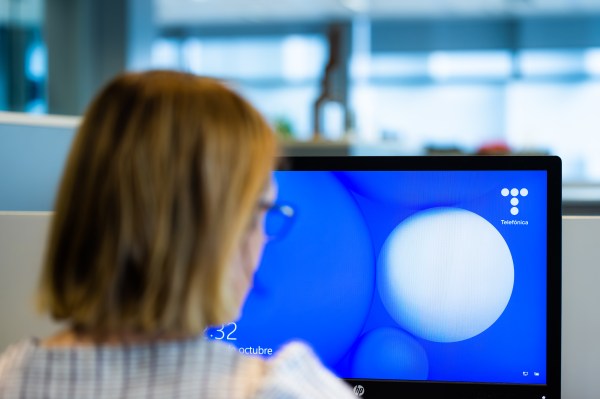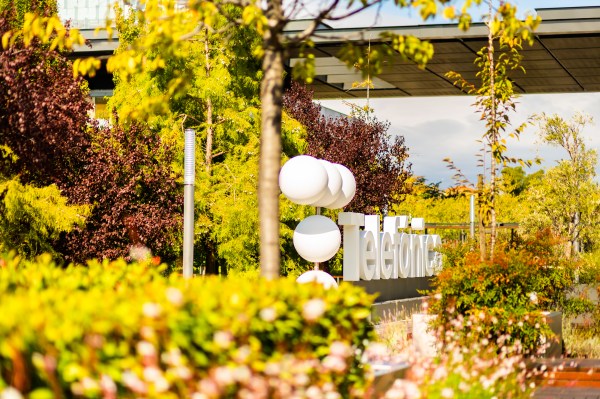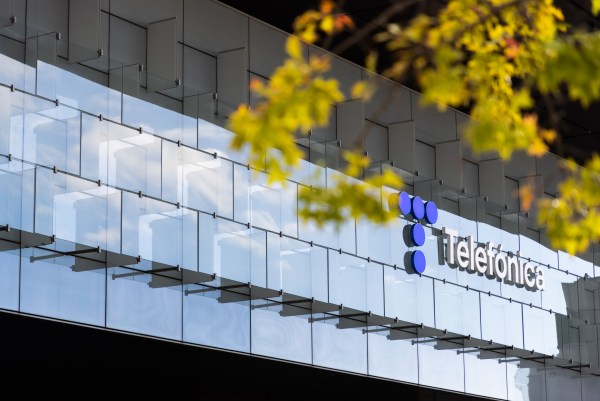Telefónica today successfully issued its first senior sustainable bond, amounting to 1 billion euro and a term of nine years. With this operation, Telefónica meets in advanced the objective of exceeding 10 billion euros in sustainable financing over the coming years.
This transaction, with a coupon of 2.592% and maturity in May 2031, has been very well received by institutional investors despite the recent market instability. With a book oversubscribed by around 2.5 times, comprising some 150 orders and with a broadly diversified investor base, the conditions have been significantly improved from the initial indications of a spread of 115 basis points (bp), with a reduction of 22 bp to 93 bp. At the same time, the amount has been substantially increased from the initial indications of 750 million euro to a final volume of 1 billion euro.
Telefónica, a pioneer in the launch of ESG bonds and hybrids within the telco sector, will use the funds raised to finance investments in green and social projects, which may refer to new ones or to any investment made two years prior to issuance.
In relation to the environmental focus, the projects covered by these funds are aimed at improving energy efficiency through the transformation of copper networks to fibre networks and the deployment of 5G technology. With regard to social projects, the company seeks to allocate funding to accelerate the deployment and improvement of broadband connectivity in undeserved rural areas with the aim of boosting inclusive connectivity; and to stimulate entrepreneurship and employment generation.
Telefónica will monitor the impact in each of the categories and publish the results in an annual audited report. In the case of green projects, the company will impact reporting which may include metrics like energy consumption per data traffic (MWh/PB), energy saved (in MWh) or estimated emissions avoided (tCO2eq). On social projects, the analysis of each category may include metrics such as the population covered with broadband in underserved rural areas, the number of entrepreneurs, start-ups or SMEs supported or financed with these funds, or the estimated number of jobs created.
This operation brings to five the number of ESG (green and sustainable) issuance made by Telefónica in the last three years, since the launch of the industry’s first green bond in January 2019, followed by a green hybrid (2020) and two sustainable hybrids, one in February 2021 and the other in November of the same year. In addition, in January 2022, the company refinanced its main syndicated loan of €5.5 billion under environmental criteria.
Aligned with UN Development Goals
Today’s issuance ties in with Telefónica’s sustainability goals, which are integrated into the company’s business strategy and aligned with the United Nations Sustainable Development Goals (SDGs). In environmental terms, and according to SDG 7, 11, 12 and 13, Telefónica is working on the tangible goal of achieving zero net emissions by 2040, with an interim deadline of 2025 in Brazil, Germany and Spain (Scope 1+2). It also aims to help customers to avoid 12M tCO2 per year by 2025 with digital solutions, and to achieve zero waste by 2030. Fibre optic and 5G infrastructure deployments as part of the network transformation, along with plans to extend renewable energy, are key to achieving these goals. Optical fibre is 85% more energy efficient, and 5G is up to 90% more energy efficient than 4G in terms of energy consumption per traffic unit.
Regarding the impact of social projects, there is clear relationship between internet connectivity and economic development. SDG 9 highlights the value of connectivity and ICT solutions, a value that is even more relevant when it benefits rural areas with difficult access to internet coverage. In terms of supporting the entrepreneurial ecosystem, SMEs represent a significant socio-economic component in most developing countries, contributing up to 60% of total employment and up to 40% of GDP. Telefónica contributes to SDG 8 by supporting more than 500 start-ups and SMEs through Wayra, its open innovation accelerator, and venture capital vehicles.








